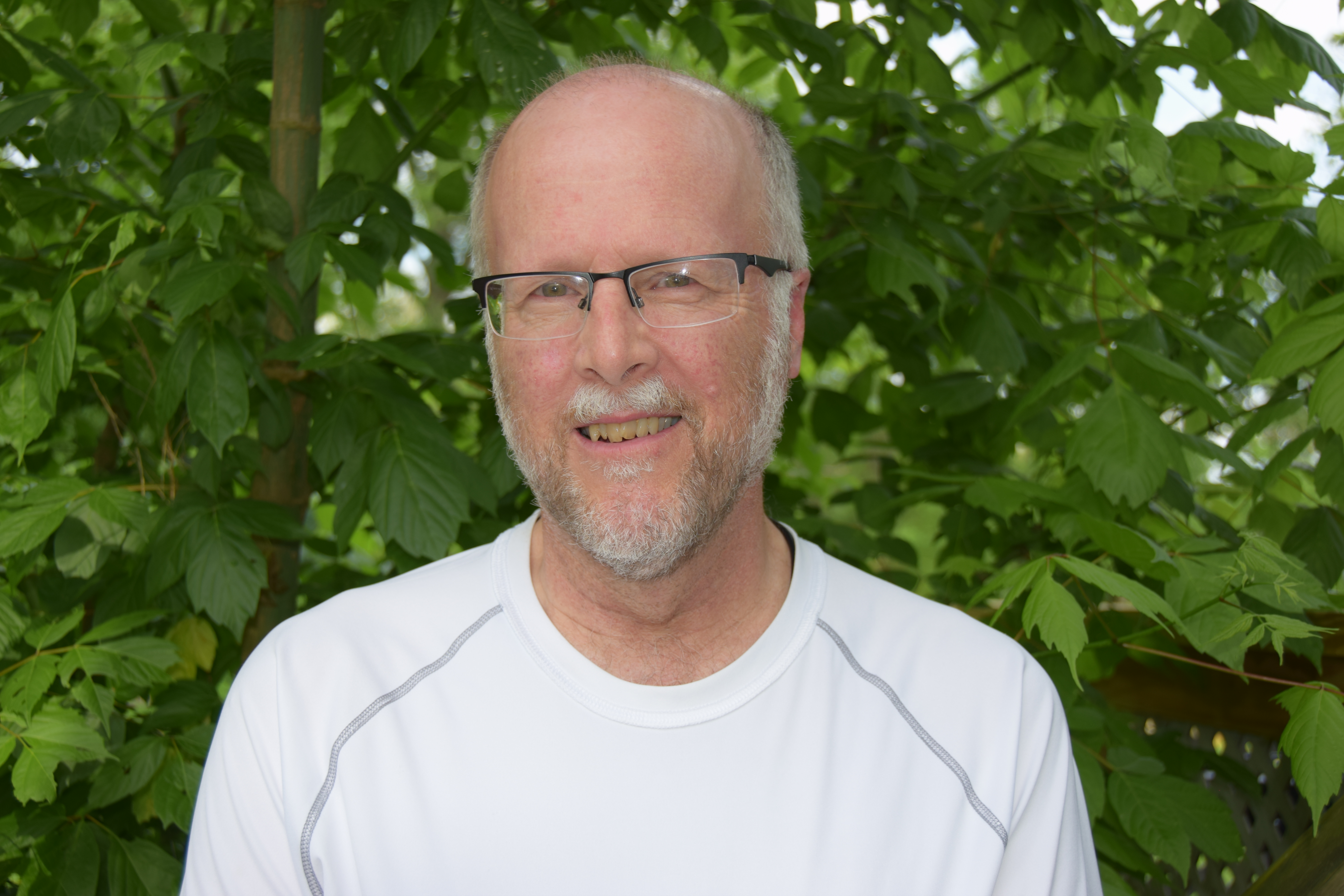Minding the Gap
Fathers and sons
 Many documentaries have in mind the point they want to get across and make the film fit that notion. A few let themes unfold as they present a narrative. Minding the Gap is one of the latter—and one of the best documentaries to emerge this year, when there are many good ones out.
Many documentaries have in mind the point they want to get across and make the film fit that notion. A few let themes unfold as they present a narrative. Minding the Gap is one of the latter—and one of the best documentaries to emerge this year, when there are many good ones out.
Bing Liu both directs the film and appears in it. It begins by showing skateboarders in Rockford, Illinois, with the camera (held by Liu who is himself on a skateboard) following the graceful, acrobatic skills of the young skateboarders. The music—neither intrusive nor overly dramatic—fits perfectly with the movement.
We hear from the skateboarders how important this activity is to them. One calls it “a family thing; no one else is looking out for us.” Another says it’s “a life and death thing.” On one skateboard is written, “This device cures heartache.”
Liu returns to Rockford a decade later and focuses his film on three people: Zack, who is white, Keire, who is black and several years younger, and Liu himself, who is Chinese-American. And we learn more about the heartache that skateboarding “cures,” if it really does.
Both Zack and Keire are high school dropouts; Zack works as a roofer and Keire as a dishwasher. Zack is living with Nina, and they have a baby named Elliot. Liu films them together and separately, capturing the tension and conflicts that eventually lead Nina to take EIliot and move out to live with her aunt and uncle.
What unites all three of these young men, besides their love of skateboarding, is that they were all beaten by their fathers or stepfathers.
What unites all three of these young men, besides their love of skateboarding, is that they were all beaten by their fathers or stepfathers. While Keire and Zack downplay this at first as just the way it was, Liu is intent on exploring what this experience means to each of them. In one extraordinary scene, he interviews his mother and asks her what she knew about her husband abusing Liu and why she put up with it. He also has a second camera trained on himself to show his reaction.
Zack, who struggles with alcohol abuse and moves between relationships, says little about his father and admits that he has responded to negative experiences by being as “bad” as possible. Keire succeeds best in coming to terms with his father, who died when he was quite young, even visiting his grave.
Minding the Gap does not depend on gimmicks or fall into political or sociological jargon. And while it shows some of the seamier side of Rockford, it doesn’t dwell on that or delve into what Liu calls in an interview “poverty porn.” The film takes an honest look at poverty and domestic violence but also shows the courage and strength of young people who face that head on.
And Liu shows how skateboarding has helped these young men survive such difficult circumstances. This is a humane and human film worth seeing and discussing.
While unrated, it contains much profanity and would likely be rated R.




